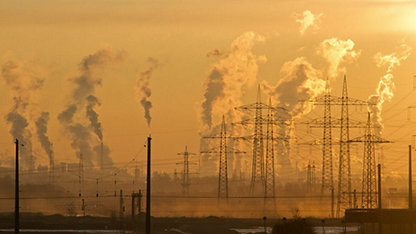Now in its third year, the RICS Sustainability Report provides a global benchmark for issues of climate, carbon and sustainability practice. This year’s edition represents the sentiment of around 4,600 real estate and construction professionals from across more than 30 countries.
There is much to be positive about. Nearly half of respondents globally report a rise in occupier and investor demand for climate-adapted real estate. Predominantly the rise is described as modest, but it builds on rising interest also noted in our previous three annual reports.
Our findings, however, paint a picture of an industry that is well educated about sustainability but deterred from investment predominantly by barriers of cost and return on investment. We are faced with the challenge of turning undoubtedly positive sentiment into meaningful action.
The built environment contributes 40% of the world’s carbon emissions. We cannot tackle global emissions without substantially reducing embodied and operational emissions from buildings and infrastructure, and so a change of trajectory is essential.
On a global stage, RICS offers valuable resources and expert guidance on decarbonisation, climate resilience, biodiversity and circular economy. As a regulated body our members follow our world leading standards such as Whole Life Carbon Assessment. This standard has also been adopted and will continue to be adhered to by organisations across the built environment.
Our Sustainability Report provides an incomparable insight into sentiment across the industry, with RICS’ expert analysis into the rate of change and the challenges at play.
RICS President Elect, Tina Paillet,- summarises the urgency of our findings: “This year’s sustainability report is a wake-up call to our industry. We are making progress but not enough to reach net zero by 2050.”
Downloads
Published date: 30 November 2023
Published date: 06 December 2023
Sustainable Real Estate: Creating a Better Environment
Explore effective sustainable real estate strategies as you work through the weekly modules of this online short course.













